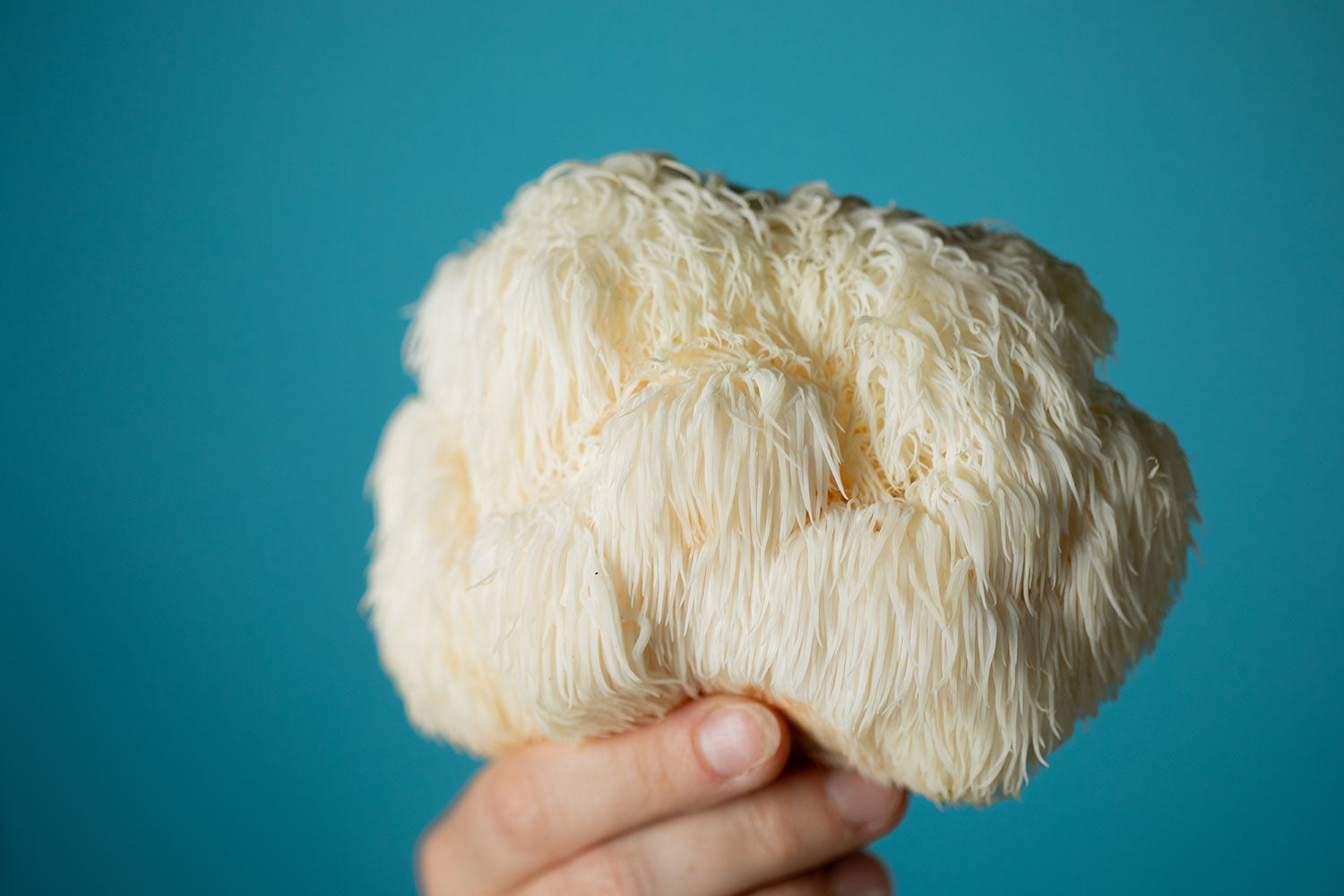Mushrooms: When to Go Functional and When to Go Medicinal
2 minute read

Mushrooms have been valued for centuries for their potent health benefits. However, not all mushrooms serve the same purpose, and understanding the distinction between functional and medicinal mushrooms can help you choose the right type for your health needs.
Functional vs. Medicinal Mushrooms: What's the Difference? Is the distinction merely a matter of semantics, or are there real differences in their applications and benefits?
Functional Mushrooms are varieties that are integrated into daily life to enhance general well-being. They are known for boosting cognitive functions, increasing energy levels, and reducing stress. Rich in polysaccharides, ergothioneines, and carotenoids, functional mushrooms are typically consumed in forms that are easy to incorporate into your daily diet, like powders and tinctures.
Medicinal Mushrooms, on the other hand, have been used historically in traditional medicine to prevent or treat specific health conditions. These mushrooms are often used in higher concentrations and are sought after for their powerful bioactive compounds that can support the immune system, fight inflammation, and even help manage cancer-related symptoms. Medicinal mushrooms are usually consumed in more concentrated forms, such as extracts and supplements, and are rich in nutrients like selenium, Vitamin D, and Vitamin B6.
With these definitions in mind, let's explore some popular mushrooms and determine whether they're better suited for functional use or medicinal purposes.
Lion's Mane: The Brain Booster Lion’s Mane straddles both functional and medicinal worlds. Known for its cognitive and neurological benefits, it’s popular in functional supplements for cognitive enhancement. Medicinally, it supports nerve growth and may alleviate symptoms of anxiety and depression.
Cordyceps: The Energy Enhancer Cordyceps is predominantly a functional mushroom, boosting energy and enhancing athletic performance. It also offers medicinal benefits like supporting heart health and improving stamina, reflecting its traditional uses.
Reishi: The Ancient Healer Adapting to Modern Needs Historically medicinal, Reishi boosts the immune system and helps manage stress. It’s gaining traction in the functional world, used daily to enhance overall well-being and manage stress more broadly.
Turkey Tail: The Immune System’s Guardian Turkey Tail is primarily used medicinally for its immune-modulating effects, often in conjunction with cancer treatments to support the immune system through its rich polysaccharopeptides.
Chaga: The Inflammation Fighter Medicinally used for its antioxidants and immune support, Chaga has been traditionally utilized to improve gastrointestinal health and reduce inflammation.
Understanding whether to choose a functional or medicinal mushroom depends on your health goals. Lion's Mane and Cordyceps are great for their broad functional benefits, while Reishi is transitioning into a functional role as well. Turkey Tail and Chaga remain primarily medicinal, focusing on specific health issues.
At Stay Wyld Organics, we embrace the power of mushrooms as both functional and medicinal remedies, providing you with natural options to enhance your health and well-being. Whether aiming for general health enhancement or addressing specific medical concerns, each mushroom offers a unique benefit to your health journey.
Always consult with a healthcare provider before starting any new supplement regimen, particularly if you have underlying health conditions.
Leave a comment
All comments are moderated before being published.
This site is protected by hCaptcha and the hCaptcha Privacy Policy and Terms of Service apply.

